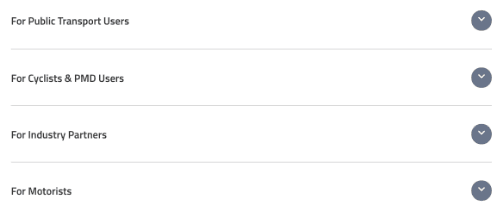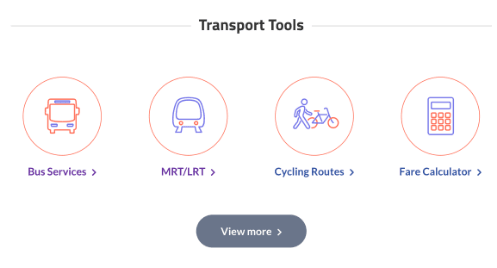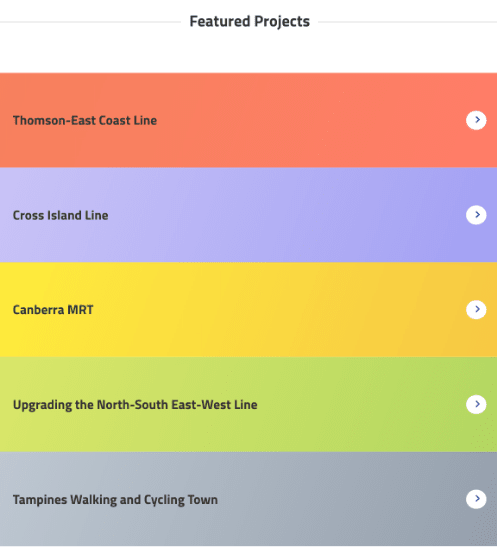1. What is the AFAMT?
The AFAMT is an agreement signed by all AMSes to support and facilitate trade within ASEAN and with her trade partners, through the adoption of standardised rules and liability regimes relating to the carriage of goods by MTOs. The Multimodal Transport Act (MTA), enacted on 5 February 2021, provides the legal framework required for Singapore to implement this agreement.
The full text of the MTA is available for download from the Attorney-General Chambers' Singapore Statutes Online website while the text of the AFAMT can be downloaded from the ASEAN website.
2. What is the scope of the MTA and will it apply to all logistics players in Singapore?
The Act will apply for civil claims (including claims in contract and tort) for any MTO that is registered with a Competent National Body (CNB) in an AMS, and where the origin or destination of goods is an AMS. In addition, the MTO must issue a MTD as proof of the multimodal transport contract. LTA is Singapore’s designated CNB.
The MTA will only apply to those registered with the CNB. MTOs which choose not to register an continue their operations, but will not be covered under the MTA, and will not enjoy the benefits of the AFAMT.
3. What are the benefits of joining the Singapore AFAMT Registry?
Members of the registry will enjoy the benefits of the AFAMT, which provides for a common and consistent liability regime for MTOs across ASEAN, thereby facilitating market access for members to operate in other AMSes under a set of harmonised standards. The AFAMT is also aligned with international best practices and conventions.
4. Will the AFAMT come into conflict with other international agreements on the carriage of goods, such as the Hague Visby Rules?
The AFAMT will not come into conflict with any other international agreements. Any existing or future international conventions applicable to multimodal transport contracts or any part thereof, and relevant national laws implementing such conventions, will take precedence over the AFAMT.
5. What information needs to be specified in the Multimodal Transport Document (MTD)?
The MTD must include information on the nature and condition of goods, details of the consignor and recipient of the goods, and the mode and timing of delivery. A Bill of Lading can serve as an MTD. The MTD will be recognised by all AMSes.
6. What are the existing arrangements for logistics companies involved in the multimodal transport of goods?
Currently, local logistics companies can choose to register with the Singapore Registry of Accredited Multimodal Transport Operators. This is an industry-led registry maintained by the Singapore Logistics Association that accredits Multimodal Transport Operators to issue the FIATA Bill of Lading, an internationally recognised multimodal transport document.
The Singapore AFAMT Registry is separate from, and complementary to, the Singapore Registry of Accredited Multimodal Transport Operators. Logistics operators may choose to be registered with neither, either or both of these registries depending on their individual business needs.
7. Which ASEAN member states have not yet ratified the AFAMT to-date?
As of February 2024, only Brunei Darussalam and Malaysia have not yet ratified the AFAMT. The AFAMT is currently in force among eight ASEAN member states that have ratified the agreement – namely Cambodia, Indonesia, Lao PDR, Myanmar, Philippines, Singapore, Thailand and Viet Nam.
















